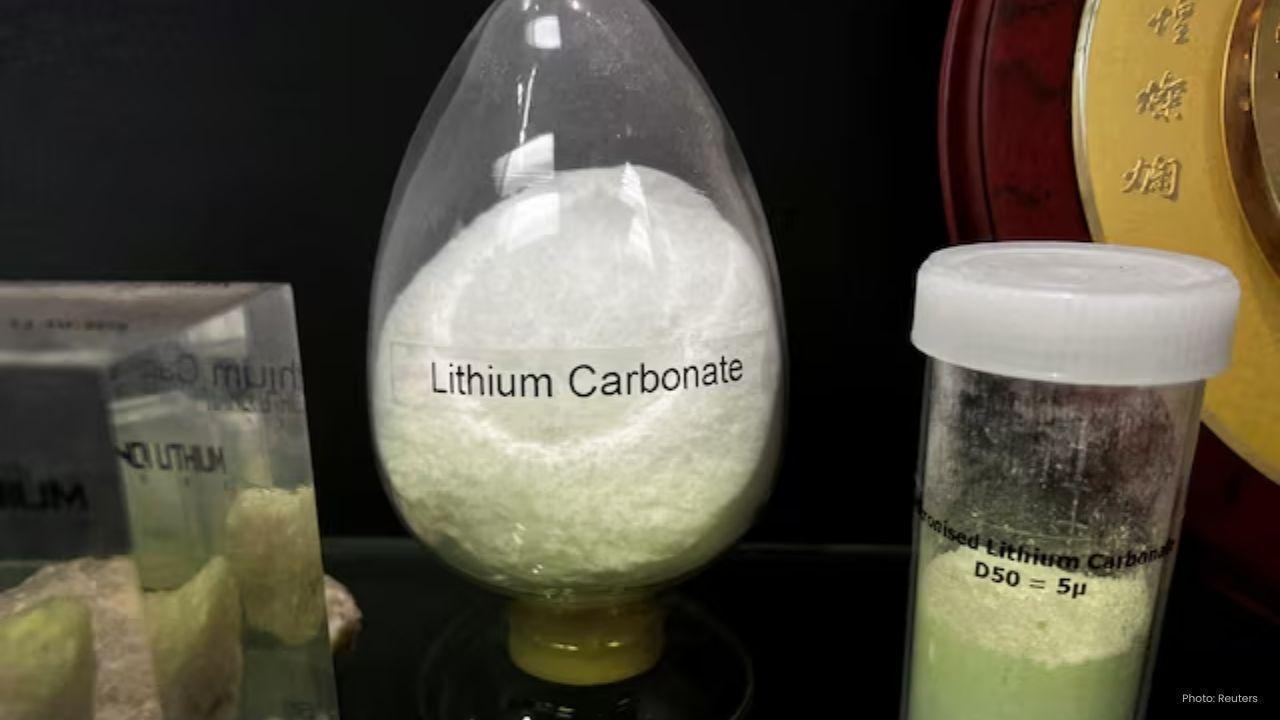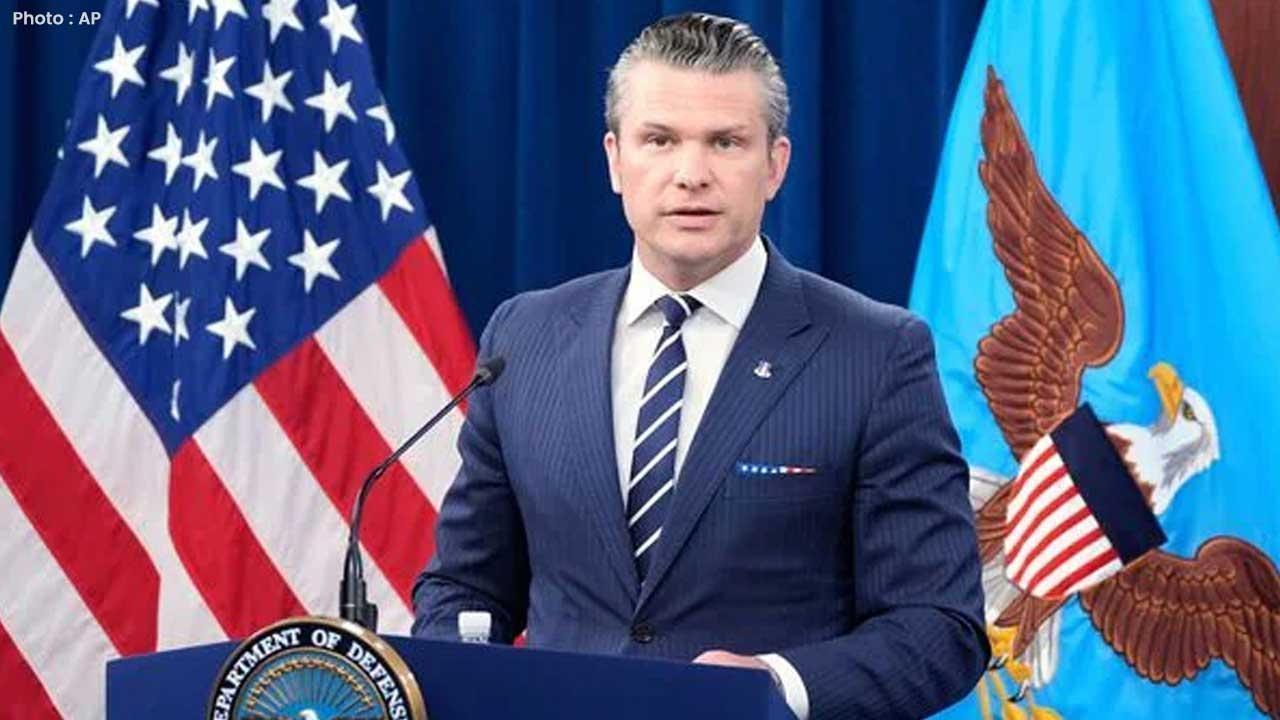
Post by : Vansh
Around the globe, ecosystems are straining under the weight of pollution, deforestation, and climate change. Natural cycles are disrupted, biodiversity is vanishing, and the climate crisis is accelerating. In response to this mounting threat, a global movement is gaining momentum—sustainability rising. It represents the hope and urgency of nations, communities, and individuals coming together in a collective effort to restore balance to nature before the damage becomes irreversible.
Nature is more than beautiful landscapes—it is the foundation of life itself. Forests purify our air, oceans regulate our climate, and pollinators ensure food security. However, human activities have pushed Earth’s systems to the brink. According to the UN, one million species face extinction, and we are rapidly approaching critical tipping points like polar ice melt and rainforest dieback.
The goal of sustainability is not just to slow environmental degradation but to actively repair and rebalance the ecosystems we’ve disrupted. This movement, which spans science, policy, innovation, and culture, seeks to ensure that human progress does not come at the cost of planetary health.
In the face of widespread environmental disruption, international frameworks like the Paris Agreement and the UN Sustainable Development Goals (SDGs) have become essential tools in the global effort to restore environmental harmony. These initiatives outline actionable steps—from reducing carbon emissions to conserving natural habitats—that all countries can adopt.
Through international cooperation, technology transfer, and climate finance, countries are working together to accelerate a sustainability rising movement that crosses borders. As more governments commit to net-zero emissions and biodiversity targets, the foundation for systemic change grows stronger.
At the core of sustainability rising lies an explosion of green innovation. From renewable energy to circular economy practices, these advancements are revolutionizing how we use resources, generate power, and reduce waste.
Solar panels, wind farms, and hydroelectric power stations are reducing global dependence on fossil fuels. Smart cities are using data to optimize energy efficiency, reduce emissions, and improve quality of life. Electric vehicles and battery storage solutions are transforming transportation systems.
Even agriculture is going green—with regenerative farming, vertical gardens, and precision irrigation helping feed the world without exhausting the Earth. These technologies are not only sustainable—they’re scalable, offering real-world solutions to restore balance at both local and global levels.
This article is intended for informational and educational purposes only. It reflects ongoing developments in sustainability, environmental science, and global initiatives that are subject to change. Readers are encouraged to consult verified sources and expert guidance for deeper understanding. Published by MiddleEastBulletin, this content does not represent formal environmental policy or professional advice










Pageau's Overtime Goal Propels Islanders to 4-3 Victory Over Golden Knights
In a thrilling overtime finish, Jean-Gabriel Pageau leads the Islanders past the Golden Knights 4-3,

MLB Awards: deGrom and Acuna Jr. Shine as Comeback Players
Jacob deGrom and Ronald Acuna Jr. celebrated MLB Comeback Player Awards, alongside Ohtani and Judge

Portugal Confronts Ireland in Pivotal World Cup Qualifier
Portugal, led by Cristiano Ronaldo, faces Ireland in a vital Group F World Cup qualifier that could

Haaland's Brilliance Leads Norway to 4-1 Victory Against Estonia
Erling Haaland showcases leadership as Norway crushes Estonia 4-1, boosting their World Cup ambition

Hawks Triumph Over Jazz; Suns and Raptors Secure Victories
Hawks' Onyeka Okongwu and Jalen Johnson lead in a thrilling win against Jazz; Suns and Raptors also

Indian Men's Recurve Team Clinches First Asian Gold in Nearly Two Decades
The Indian men's recurve team triumphed over South Korea, securing their first Asian gold in 18 year